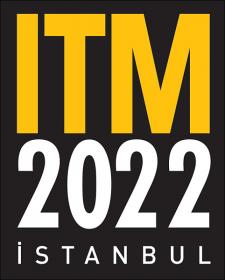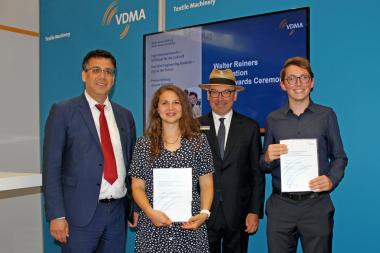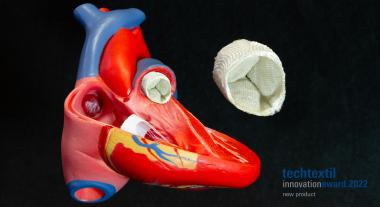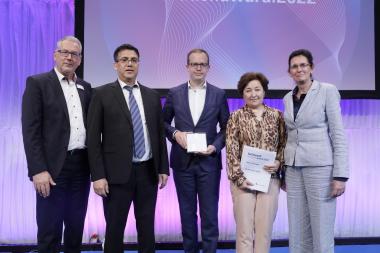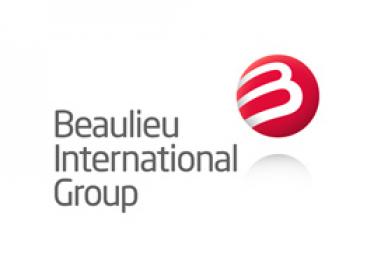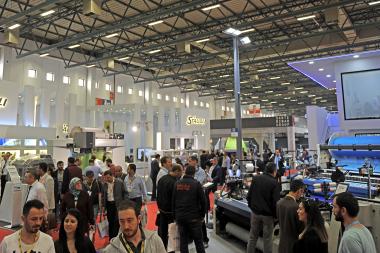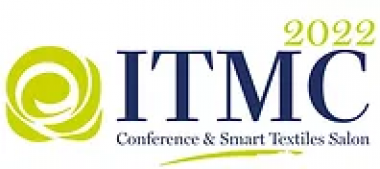adidas Basketball announces the Candace Parker Collection Part II
adidas Basketball in collaboration with basketball GOAT and legend, Candace Parker , unveils the new Candace Parker Collection Part II with retail partner DICK’S Sporting Goods. Rooted in a shared commitment to empower aspiring women athletes and hoopers – who like Parker set out to create their own legacy, the encore collection is the embodiment of Parker’s evolution on-and-off the court melding Ace’s style and performance insights for the next generation player.
The Candace Parker Collection Part II launches with the all-new Exhibit B, arriving in three custom colorways employing Lightstrike cushioning for fluid and dynamic handling. Each iteration of Parker's Exhibit Bs are inspired by her personal journey beginning with the “For Lailaa Nicole” receiving emerald green with silver accents in honor of her daughter. As for Parker, it’s not about “wearing the crown,” but about “sharing it” resulting in “Game Royalty”, a purple and gold colorway representing African queens followed by an ash blue and shadow navy for “Windy City” version signifying the hometown hero’s 2022 league title and rounded out by three unique Exhibit B “Elevated Team” colorways emphasizing the magic of teamwork.
The Candace Parker Collection Part II is an elevation for the new generation of athletes completed with a vibrant combination of pre to post-game apparel offerings including signature Ace sweatsuits, cropped jackets and hoodies, all paired with an assortment of tees and shorts that harken back to pivotal moments in Parker’s career. The return of inclusive sizing is paramount and purposeful, allowing Parker’s vision for expanded access to female and non-binary athletes who’ve traditionally had to size down to access men’s basketball apparel and footwear.
adidas AG

















